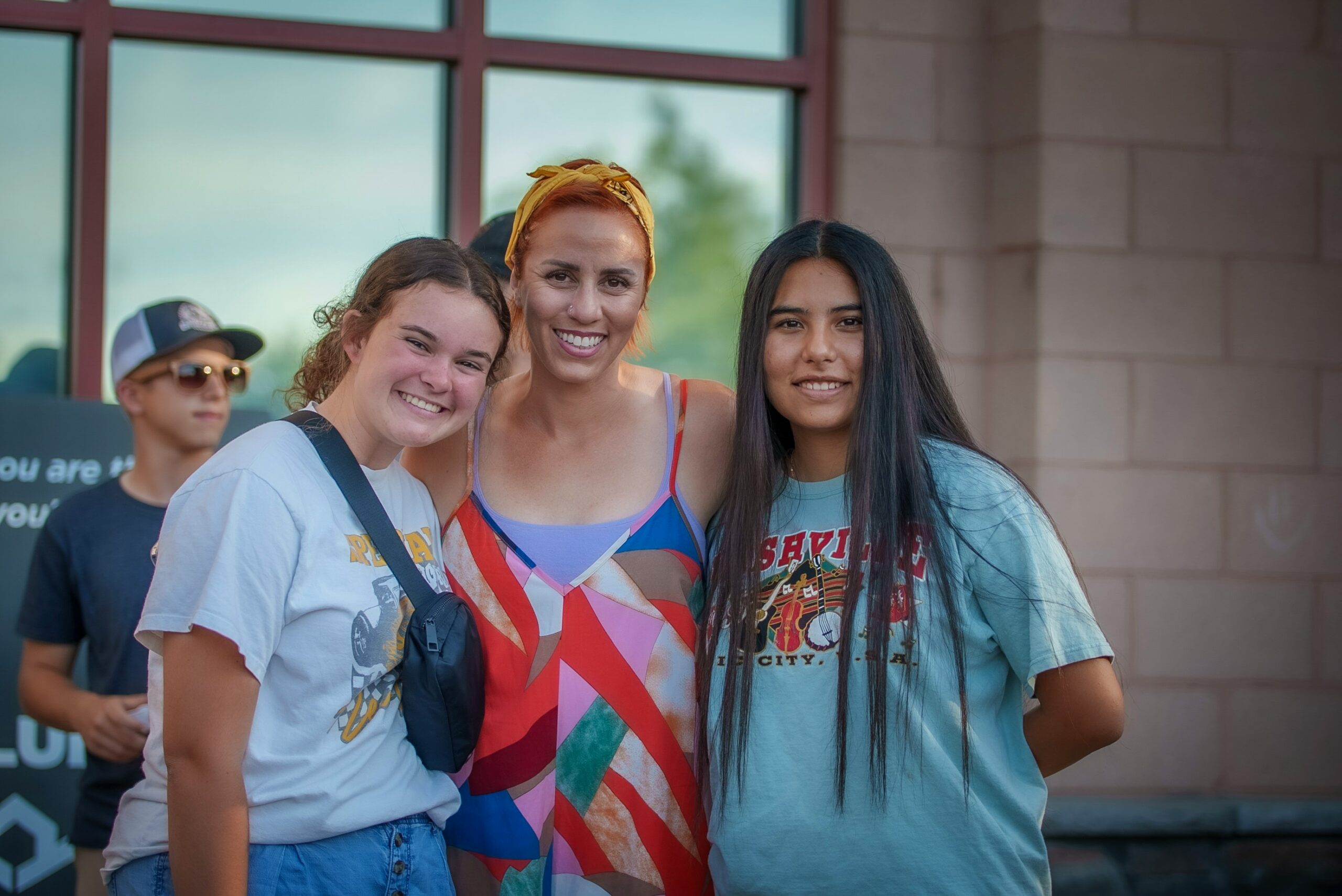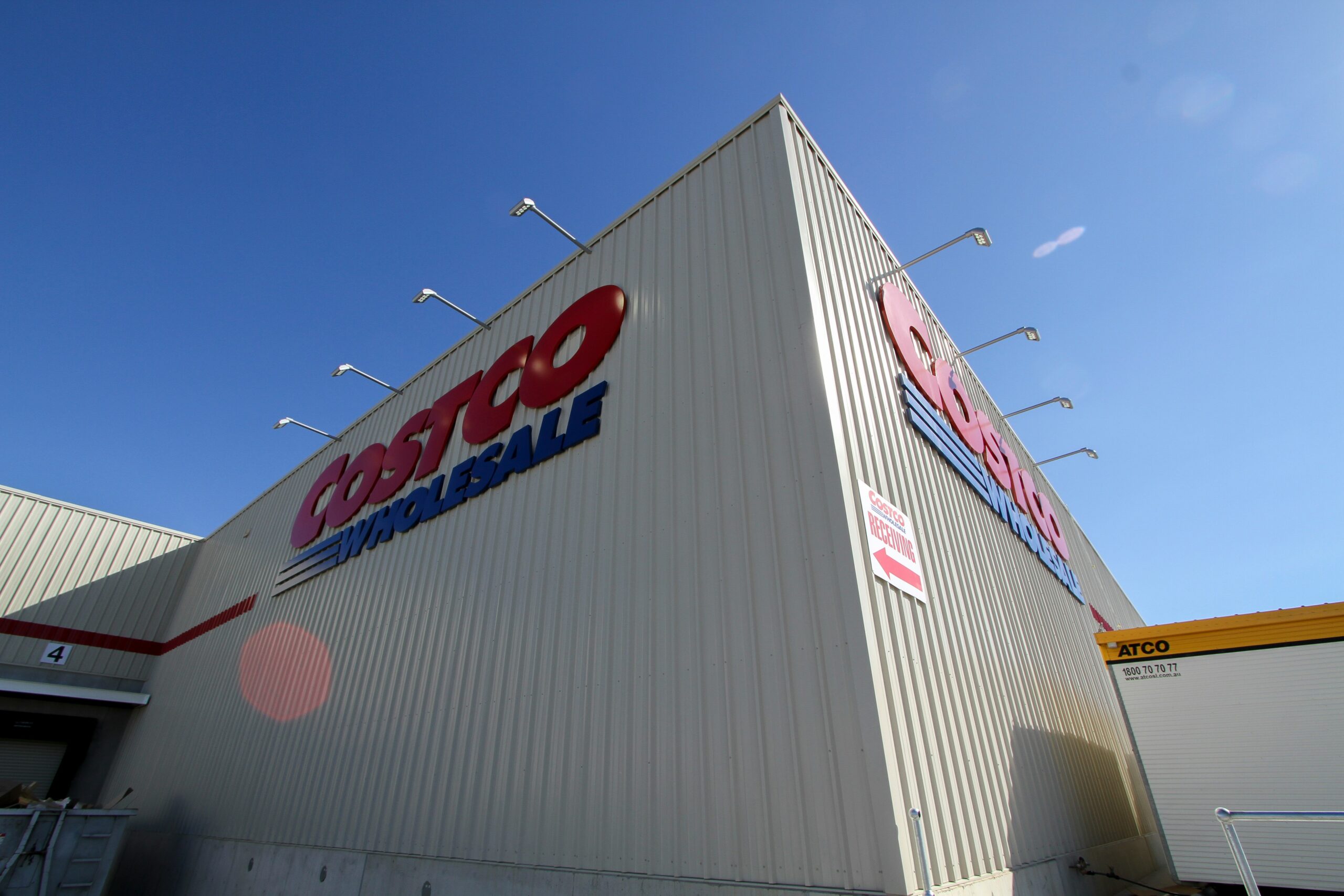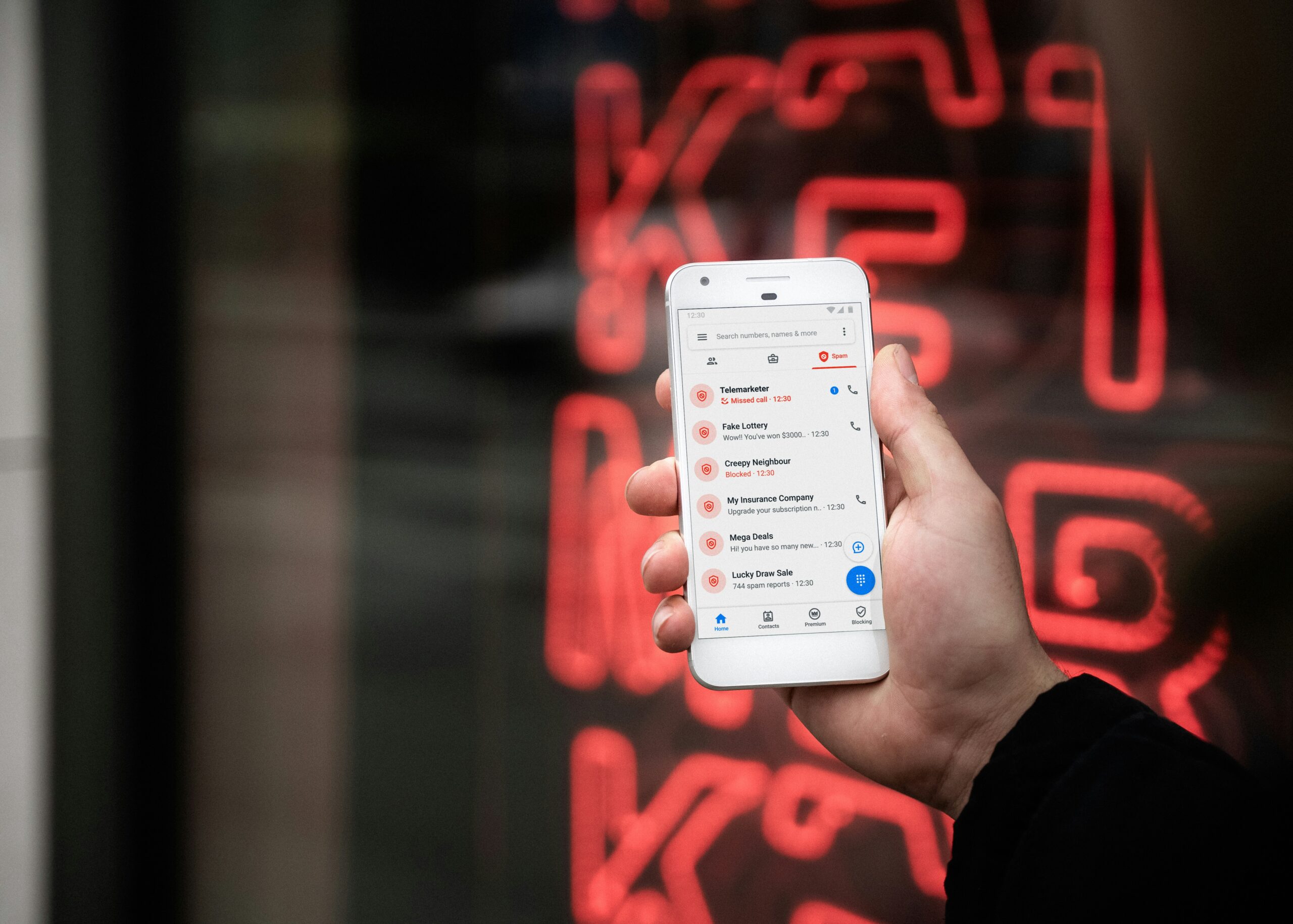Image credit: Unsplash
In 2019, Haley and Adam Weidenbaum launched Everhem, a company born not out of trend chasing, but out of a genuine need Haley faced daily as an interior designer. Today, the brand is a multi-million dollar business with a loyal customer base, a growing team, and a clear vision. However, their journey from idea to thriving brand was anything but rushed.
Spotting a Gap in the Market
Haley’s foray into interior design began in 2011 through the UCLA Extension’s certification program. After completing the program, she joined Homepolish, a then-buzzing startup connecting designers with clients. It was a pivotal experience, not just creatively, but as a lesson in startup pitfalls. Homepolish, which once raised $20 million, folded in 2019 after burning through capital.
“Window treatment was the hardest part of my job,” Haley recalls. “I couldn’t find the right company to execute my desired designs. The quality wasn’t great. The customer service at all the companies I tried was poor. I just wanted to do it better.”
The pain point sparked Everhem’s vision. Adam, a graphic designer with a finance background, was the perfect co-founder. “I knew enough to know not to doubt Haley at that point,” Adam says. “When she comes up with something, it’s usually going to happen. So I said, ‘Sure, let’s do this.'”
Building the Brand and the Name
As the business evolved, the couple wanted a name that was not confined to window treatments. Inspiration struck after watching “Abstract: The Art of Design” and visiting The Ett Hem Hotel in Stockholm, designed by Ilse Crawford. The Swedish word “hem,” meaning home, resonated. Combined with “ever,” it symbolized timeless comfort; your “forever home.”
“We’ve always felt a connection to the hygge movement, the coziness,” Adam says. “And all of our products are hand-sewn.”
Even their choice of typeface, “Tarzana,” was a thoughtful nod. Not only was it used in Ilse Crawford’s book A Frame for Life, but it also shares a name with Haley’s hometown, Tarzana, California.
Funding with Purpose, Not Pressure
The Weidenbaums bootstrapped Everhem from the beginning, using personal savings to build a website and acquire inventory. Rather than chase rapid growth or pitch to investors, they focus on sustainability. “We don’t want to cede control of the company’s destiny too early and risk ruining it,” Adam says. “It seemed like a smarter decision…to do it bootstrapped, let it be slow and see where it goes.”
That cautious mindset paid off. When the pandemic hit shortly after launch, they offered discounts and assured customers that orders would be fulfilled once production resumed. The gamble worked. Demand surged as home upgrades became a pandemic priority.
Growing with Intention
Even as orders increased, the couple was careful about hiring. “You never really know when you hire someone if they’re going to work out or not,” Adam says. “We’ve been extremely fortunate with some people who have become [essential]. I don’t think the business would run without them.”
Everhem didn’t launch paid marketing until 2021. Prior growth came from organic influencer support, word-of-mouth, and a user experience prioritizing care. “We wanted to change the customer service format,” Haley says. “We wanted to bring the user experience online and elevate it.”
Staying True to the Brand
As Everhem looks to the future, collaboration is key. The brand recently launched Matchstick Shades with influencer Annie Meyers-Shyer and is teaming up with artist Carly Kuhn on exclusive fabric designs.
“Collaborating with designers has been our huge goal,” Haley says. “We are here to change the perception of window treatment. It can be complicated and confusing, but it’s an important aspect of interior design.”
Their advice for aspiring entrepreneurs? Think long-term. Don’t look at revenue day by day—or even month by month. “Go with your gut, and don’t doubt yourself,” Haley says. “Try it out in a way that mitigates the risk, but believe in your vision.”















































































































































